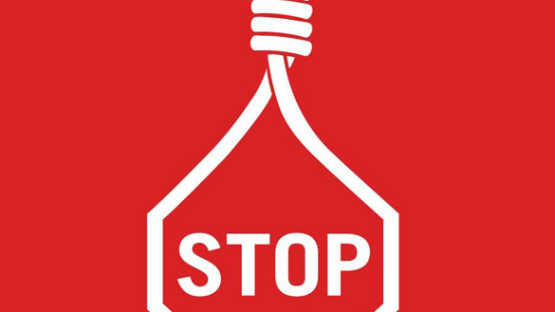Asset Publisher

A memorable tour
1990
Catherine LALUMIERE
The former Secretary General (1989-1994) had the responsibility to lead the Council of Europe in a period of historical changes, an experience which changed her life, and, above all, her vision of the European project. Here she shares with us a striking moment in the first year of her mandate: her journey through the capitals of the so-called “eastern countries.
The years 1989-90 and those that followed will always remain an unforgettable part of my life, especially the tour of capital cities that took place in March 1990.
It took place after a surprising series of dramatic events. On 9 November 1989, the fall of the Berlin Wall weakened the entire Soviet bloc and afterwards, like a domino effect, all of the countries in the bloc started to swing towards the West. Stunned, we learnt about the events, one after the other: the Velvet Revolution in Prague, the assassination of the Ceausescu couple, the collapse of the Jivkov regime in Bulgaria, and so on.
It was at the beginning of 1990 that the Portuguese Minister of Foreign Affairs, João de Deus Pinheiro, who was the Chairman of the Committee of Ministers of the Council of Europe, suggested a joint tour of the capital cities in central Europe. The idea was to visit these cities as soon as possible to try to understand the situation and to see what the Council could do to help the transition.
I liked this rapid response. Sometimes, politics can actually offer windows of opportunity. You need to know how to seize such opportunities and react quickly, all the while knowing what you are doing. I thought the Portuguese initiative was excellent.
With no time wasted, on 1 March our delegation boarded a beautiful plane belonging to the Portuguese army. A small delegation since it was not the time for extravagant spending or official delegations, which, due to their very nature, are inevitably cumbersome. To be honest, our departure was slightly delayed anyway; the first military plane broke down. After waiting for another to arrive, we were off.
First stop: Warsaw. We arrived in a country in the middle of a transition and the political situation was strange. The President of Poland, General Jaruzelski, was still in office and welcomed us very “properly”, going so far as to kiss my hand! I would see him again and each time I was struck by how he took care to represent his country in a dignified manner. He did not hide his communist opinions and his regrets, but he always expressed his desire to act in the interests of Poland and, hence, to help in the transition.
And then we met the new leaders of the Solidarity movement and the round table, who some of us got to know well and with whom friendships were forged. We met the new Prime Minister, Mazowiecki, and the Minister of Foreign Affairs, Skubiszewski. The latter, a distinguished lawyer, was perfectly familiar with the Council of Europe, the Court in The Hague, in short, human rights and the West. Contact with him, with them, was easy. These men had fought for the European ideal. There was not much that we could teach them. They represented the new democratic and open Poland. At the time, we did not imagine that at some point in the near future, these human and democratic values could once again diminish in this beautiful country.
If you wish to continue your reading, you may buy the book "Europe: a human enterprise".
Catherine LALUMIÈRE
Catherine Lalumière started out in politics as a member of the French National Assembly (1981-1989). She has also held the offices of Secretary of State for the Civil Service and Administrative Reforms, Secretary of State for Consumer Affairs, and Secretary of State for European Affairs. After being elected Secretary General of the Council of Europe in 1989, she led the Organisation in the crucial period which followed the fall of the Berlin Wall. She was then elected to the European Parliament in 1994 and became its Vice-President in 2001. She has been President of the European Association of Schools of Political Studies of the Council of Europe since 2008 and is also President of the Maison de l’Europe in Paris.




